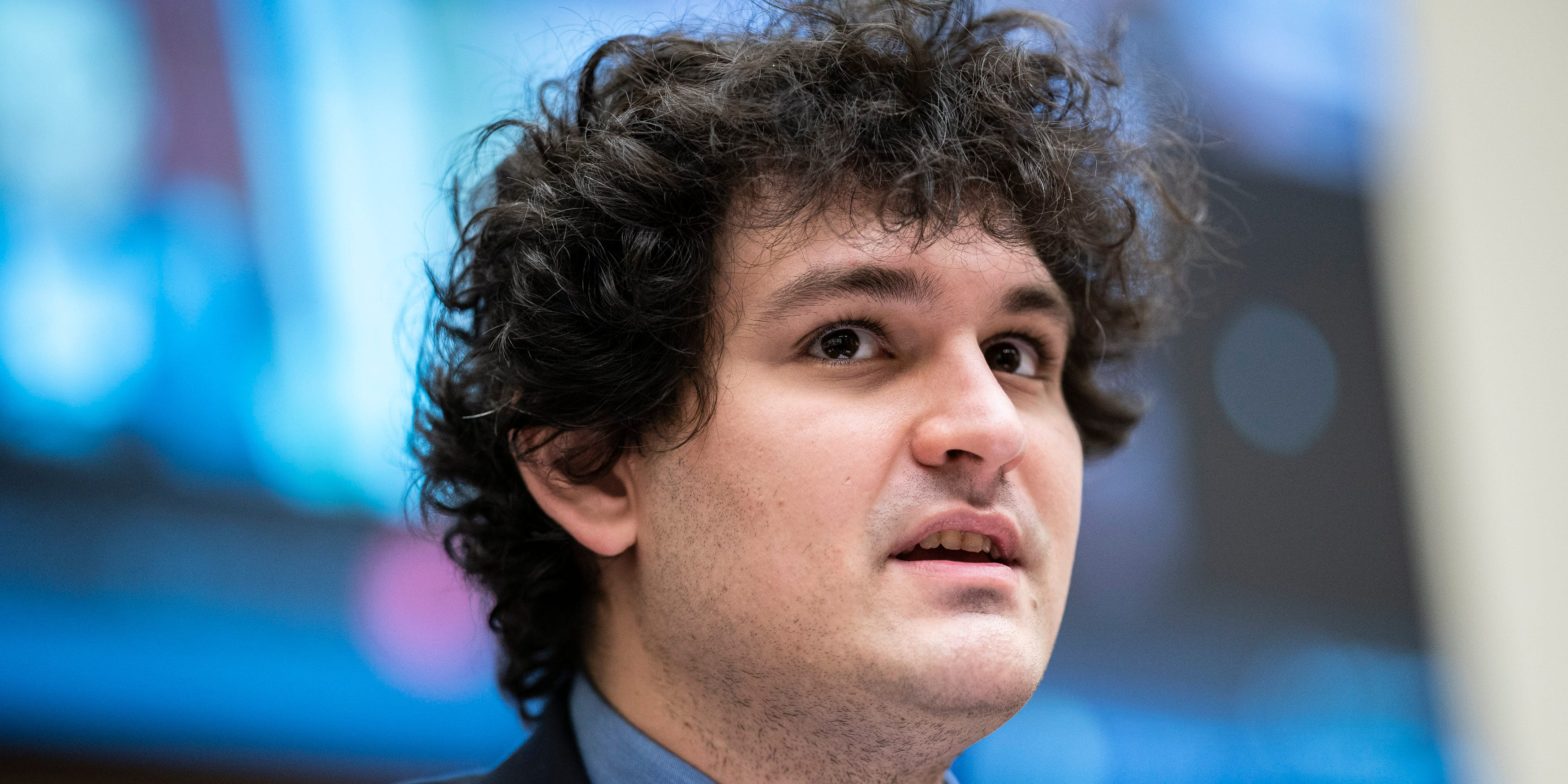Investors are asking if the FTX implosion could’ve been prevented with tighter regulation. The answer isn’t clear cut but Washington holds a responsibility to protect investors, experts say. Oversight over the crypto space has long been in a fragmented state. Loading Something is loading.
Thanks for signing up!
Access your favorite topics in a personalized feed while you’re on the go.
The implosion of the FTX cryptocurrency exchange has left observers wondering if tighter regulations could have headed off the eventual collapse of Sam Bankman-Fried’s empire, which may leave up to 1 million of its creditors exposed to losses.
Legal experts told Insider the answer is murky, but Washington has a responsibility to shore up oversight aimed at protecting investors. A potential class-action lawsuit alleged that Bankman-Fried and a slate of celebrity FTX endorsers were encouraged to invest in “what was ultimately a Ponzi scheme.” No criminal charges or formal allegations of criminal wrongdoing related to the FTX breakdown have been filed by authorities.
With that said, some big questions have come up about the present and future state of crypto oversight, who’s running the show, and whether it is even possible to sufficiently regulate the market.
Here are some of the biggest:
So, who’s even in charge of crypto regulation to begin with?
Oversight is fragmented, without a comprehensive strategy even after the Biden administration earlier this year ordered federal agencies to craft a unified approach to regulation.
“The government itself has as much difficulty as ordinary leaders do of understanding what cryptocurrency is and … depending on which definition prevails, you have different regulatory schemes that can be enacted, each of them with different consequences,” Gerard Filitti, senior counsel at The Lawfare Project, an international non-profit legal think tank and litigation fund based in New York City, told Insider.
“You have the SEC which considers crypto to be a security. You have the Commodity Futures Trading Commission which sees it as a commodity, and you have the Treasury Department which calls it a currency,” he said. “So until the government agrees to what cryptocurrency is, it’s very difficult to put in any meaningful regulation that makes sense,” said Filitti.
The crew cleaning up the mess at FTX said they have found, among other things, software that concealed the misuse of customer funds and a lack of appropriate security controls or record keeping. The bankruptcy cleanup is led by FTX’s new CEO John Ray III, who oversaw Enron’s bankruptcy.
“If FTX had been a regulated entity under our regulatory umbrella, customer bonds would’ve been protected, there would’ve been liquidity reserve requirements in place [and] there would’ve been monitoring and surveillance that is not immediately available,” CFTC Commissioner Kristin Johnson told CoinDesk last week.
Better Markets, a non-profit, non-partisan advocacy group promoting safety measures for financial markets, has said it is the CFTC that “failed to properly regulate or supervise” FTX.
So regulation is fragmented, but there is still the overarching question:
Is there something that would have prevented this?
“I’ll start with a slightly cynical answer,” said Filliti at The Lawfare Project. “There’s a lot that the government can do but the markets run themselves. We’ve seen repeatedly in centuries of experience that any market, whatever stopgap measures you put in place, whatever regulations are put in place, the market itself can blow right through them.”
Christopher LaVigne, head of the US litigations teams at law firm Withersworldwide, said financial history is rife with examples of systemic blowups despite regulations and authorities have put rules put in place after major issues emerge. “There has been a similar catastrophic meltdown essentially every decade in recent memory – Savings and Loan (crisis), Enron, subprime mortgages, Bernie Madoff,” he said.
“My pessimistic view is as long as there is money in a capitalist system, there are people who are going to want to take advantage of that. I think it’s constantly a game of catch-up between regulations and the next evolution of runaway greed.”
Better Markets, which traces its roots to the 2008 global financial crisis, pushed back on the idea that more legislation to oversee the crypto industry is required in the wake of FTX’s fall.
“We don’t need more legislation. We need more money and support for regulators to go after what is fundamentally a lawless industry,” said Dennis Kelleher, the CEO of Better Markets, according to the Washington Post. “We need elected officials to prioritize the public interest rather than campaign contributors and lobbyists.”
Kelleher said in a press statement the SEC is “spread thin” from policing capital markets. “Those elected officials who are supposed to promote the public interest need to surge resources to the SEC and banking regulators so that they can enforce existing laws and rules.”
Will unified regulation ever emerge?
“I think, unfortunately, regulation is going to have to come from what now appears to be a divided Congress, but I’m somewhat optimistic they can figure that out,” LaVigne said. “There has been traditionally some bipartisan support for some regulation in this space.”
LaVigne pointed to bipartisan work on the Lummis-Gillibrand Responsible Financial Innovation Act . The bill sought to delineate jurisdiction over digital assets held by the SEC and the CFTC.
“I think the place that regulations need to come from is consensus basis through legislation as opposed to sort of fiat, by way of some agency, because otherwise, we’re just going to be in the same scenario where there are three different agencies trying to regulate the same space.”
SBF seemingly saw some public-facing value in having regulatory attachment to his business. Reuters reported Friday that documents show FTX saw its regulatory status as a way of bringing in new capital from major investors.
